What Spices Are in Authentic Gyro Meat? (Simple Answer First)
Authentic gyro meat spice blend contains just 5 core ingredients: oregano, garlic powder, onion powder, salt, and black pepper. The classic Greek ratio is 3 parts oregano to 1 part garlic powder, with smaller amounts of the other spices. This simple combination creates the distinctive flavor you love at Greek restaurants.
Simple Homemade Gyro Meat Spice Recipe
Here's what you need for perfect gyro meat seasoning (makes enough for 2 lbs of meat):
| Ingredient | Amount | Why It Matters |
|---|---|---|
| Dried Oregano | 3 tablespoons | Provides the signature earthy flavor (use Greek oregano if possible) |
| Garlic Powder | 1 tablespoon | Adds depth without burning during cooking |
| Onion Powder | 1 teaspoon | Enhances savory notes |
| Salt | 1.5 teaspoons | Essential for flavor development |
| Freshly Cracked Black Pepper | 1 teaspoon | Adds subtle heat (add after cooking for best flavor) |
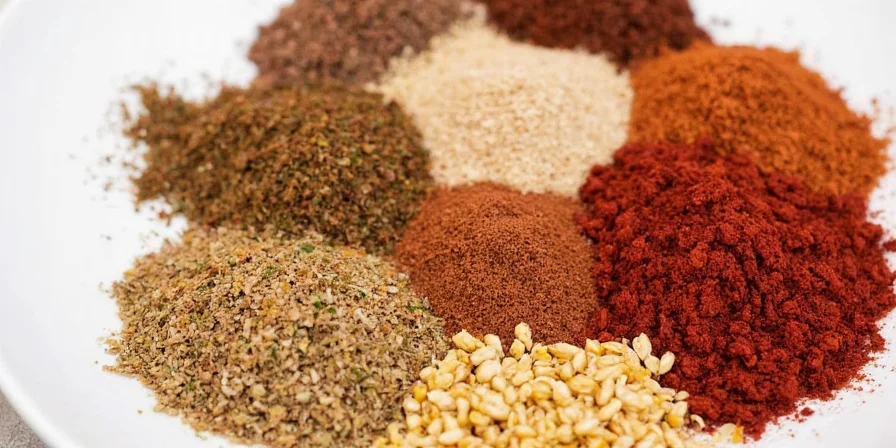
How to Make Perfect Gyro Meat at Home (Step-by-Step)
- Mix all dry spices in a bowl
- Rub 70% of the blend evenly into 2 lbs of ground lamb or beef (80/20 fat ratio)
- Refrigerate for at least 4 hours (overnight is best)
- Press mixture into a loaf pan or shape into a cylinder
- Rub remaining 30% of spices on exterior before cooking
- Cook at 325°F until internal temperature reaches 160°F
- Let rest 10 minutes before slicing thin
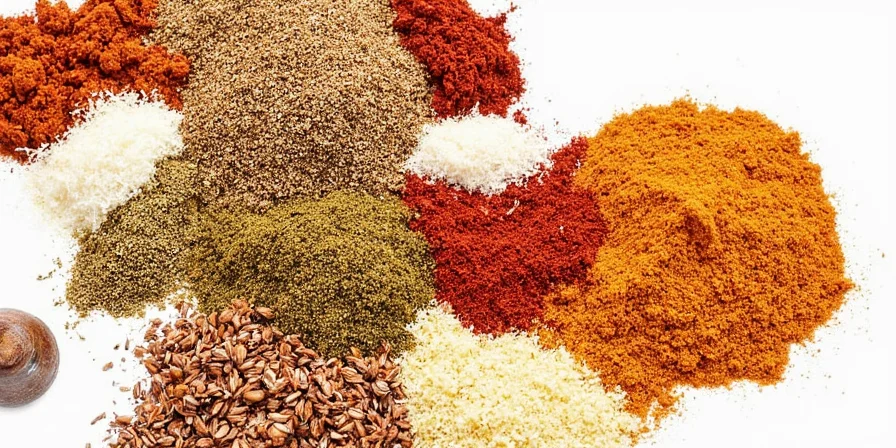
Regional Variations You Should Know
Not all gyro meat is created equal. Here's how spice blends differ by region:
| Region | Key Spices | Meat Used |
|---|---|---|
| Greek (Authentic) | Oregano, garlic, lemon zest | Lamb/beef blend |
| Turkish (Döner) | d>Cumin, paprika, mintLamb or beef | |
| American (Restaurant Style) | Added paprika, sometimes cumin | Primarily beef |
3 Common Mistakes That Ruin Homemade Gyro Meat
- Using fresh garlic instead of powder: Fresh garlic burns during cooking and creates bitter flavors
- Adding too much paprika: Authentic Greek gyro doesn't use paprika (this is an American addition)
- Skipping the resting time: Letting meat rest after cooking ensures juiciness
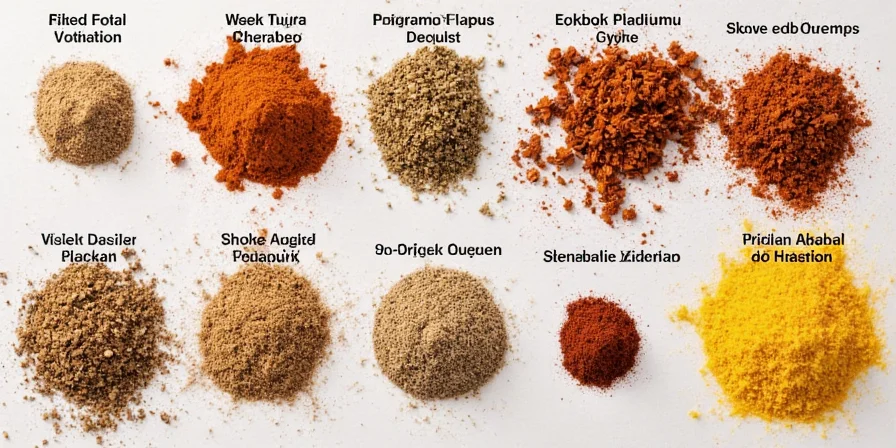
Pro Tips for Better Flavor (Without Special Equipment)
- Lemon boost: Add 1 tsp lemon zest to the spice mix for authentic brightness
- Marinating secret: Mix spices with 1 tbsp olive oil before applying for better adhesion
- Cooking hack: Use a meat thermometer—160°F is the perfect internal temperature
- Serving tip: Add freshly cracked pepper after cooking for maximum flavor impact
Frequently Asked Questions
What's the difference between gyro and döner spice blends?
Gyro (Greek) focuses on oregano and garlic with lemon notes, while döner (Turkish) uses more cumin, paprika, and mint. The meat preparation differs too—gyro typically uses a lamb/beef blend while döner is often pure lamb or beef.
Can I make this without a rotisserie?
Absolutely! Form the seasoned meat into a loaf or cylinder and bake at 325°F until it reaches 160°F internally. Slice thinly against the grain for best results.
How long will the spice blend keep?
Store in an airtight container away from light for up to 6 months. For longest freshness, keep in the refrigerator. Replace if the aroma fades significantly when you open the container.
Why do restaurant gyros taste better?
Restaurants use vertical rotisseries that slowly cook the meat while continuously basting it with its own juices. At home, the key is proper marinating time (at least 4 hours) and not skipping the resting period after cooking.
Can I use this blend for chicken gyro?
Yes! Reduce the oregano to 2 parts instead of 3, and add 1/2 tsp of dried thyme. Chicken needs more delicate seasoning than lamb or beef.
Perfect Pairings for Your Homemade Gyro
Complete your gyro experience with these authentic combinations:
| Component | Traditional Pairing | Quick Alternative |
|---|---|---|
| Sauce | Tzatziki (cucumber yogurt sauce) | Plain yogurt + grated cucumber + garlic |
| Bread | Pita bread warmed on grill | Store-bought pita warmed in oven |
| Sides | Greek salad or lemon potatoes | Potato wedges with lemon juice |
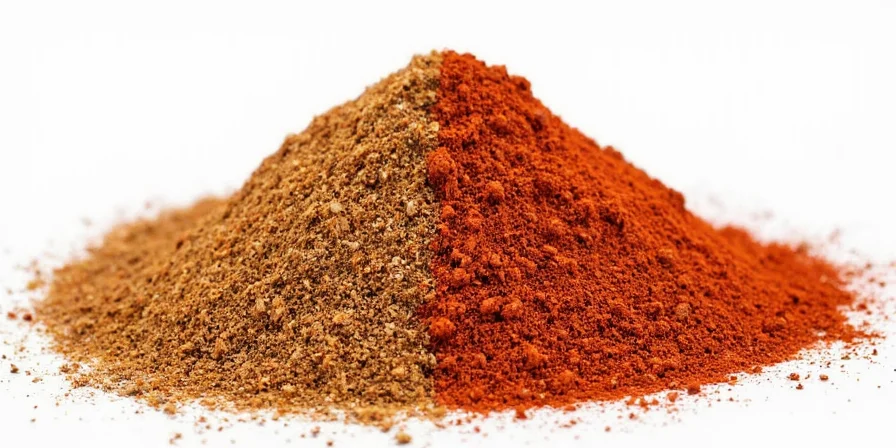

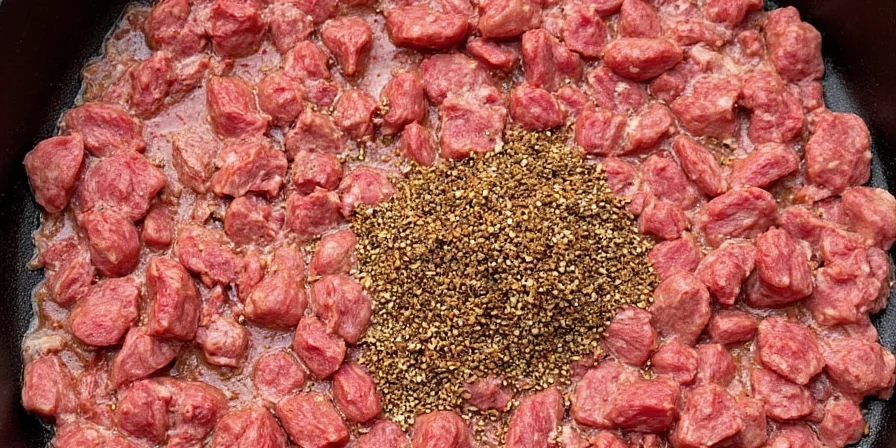









 浙公网安备
33010002000092号
浙公网安备
33010002000092号 浙B2-20120091-4
浙B2-20120091-4